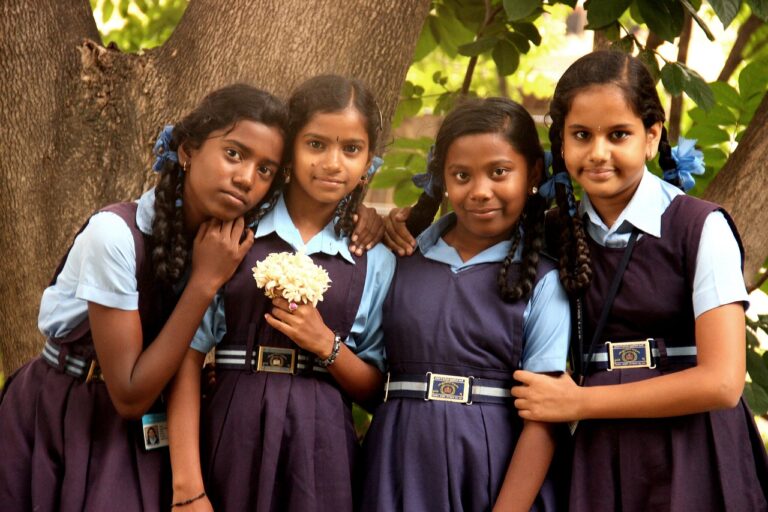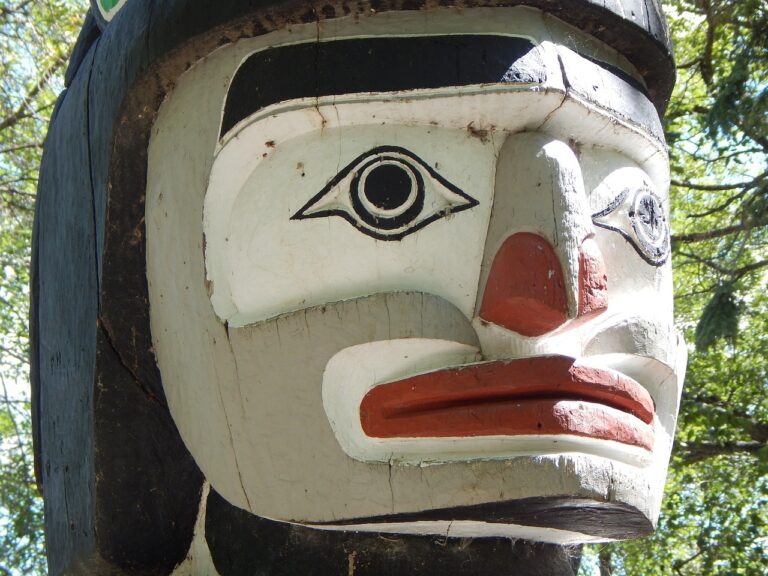Voter Outreach in Cultural Festivals and Events: Betbook247, Radhe exchange registration, My laser247.com
betbook247, radhe exchange registration, my laser247.com: Voter Outreach in Cultural Festivals and Events
As the upcoming election season approaches, political campaigns are gearing up their efforts to engage with voters and encourage them to participate in the democratic process. One increasingly popular strategy for voter outreach is to attend cultural festivals and events.
Cultural festivals and events are a fantastic opportunity for political campaigns to connect with diverse communities and spread awareness about the importance of voting. These events bring together people from different backgrounds and provide a platform for sharing information and fostering engagement.
Here are some key reasons why voter outreach in cultural festivals and events is crucial:
1. Diverse Audience: Cultural festivals and events attract a wide range of people from various ethnicities, religions, and socioeconomic backgrounds. This diversity provides political campaigns with the chance to connect with a broader section of the population and engage with individuals who may not typically be reached through traditional outreach methods.
2. Community Engagement: Attending cultural festivals and events allows political campaigns to become actively involved in the community. By participating in these events, campaigns can demonstrate their commitment to understanding and addressing the needs of different communities, fostering trust and building relationships with voters.
3. Education and Awareness: Cultural festivals and events offer an excellent platform for educating voters about the electoral process, voter registration, and key issues at stake in the upcoming election. Political campaigns can distribute informational materials, hold educational workshops, and engage in discussions to raise awareness and empower voters.
4. Mobilization: By engaging with voters at cultural festivals and events, political campaigns can motivate individuals to participate in the electoral process. In-person interactions provide an opportunity to inspire people to vote, volunteer for the campaign, and become advocates for political change.
5. Visibility: Participating in cultural festivals and events allows political campaigns to increase their visibility and reach a broader audience. By setting up booths, hosting activities, and organizing events, campaigns can attract attention and generate interest in their message and candidates.
6. Networking Opportunities: Cultural festivals and events bring together a diverse group of individuals, including community leaders, activists, and influencers. Political campaigns can use these events as networking opportunities to connect with key stakeholders, form partnerships, and expand their support base.
In conclusion, voter outreach in cultural festivals and events plays a vital role in engaging with diverse communities, raising awareness about the importance of voting, and mobilizing individuals to participate in the democratic process. Political campaigns that actively participate in these events can effectively reach out to new audiences, build relationships with voters, and make a positive impact on the electoral landscape.
FAQs
1. What are some examples of cultural festivals and events where voter outreach can take place?
Some examples of cultural festivals and events where voter outreach can take place include music festivals, food fairs, religious celebrations, heritage festivals, and community parades.
2. How can political campaigns effectively engage with voters at cultural festivals and events?
Political campaigns can effectively engage with voters at cultural festivals and events by setting up informational booths, organizing interactive activities, hosting educational workshops, and collaborating with community leaders and organizations.
3. What resources can political campaigns provide at cultural festivals and events to educate voters about the electoral process?
Political campaigns can provide resources such as voter registration forms, informational brochures, educational handouts, sample ballots, and contact information for local election officials to educate voters about the electoral process.







